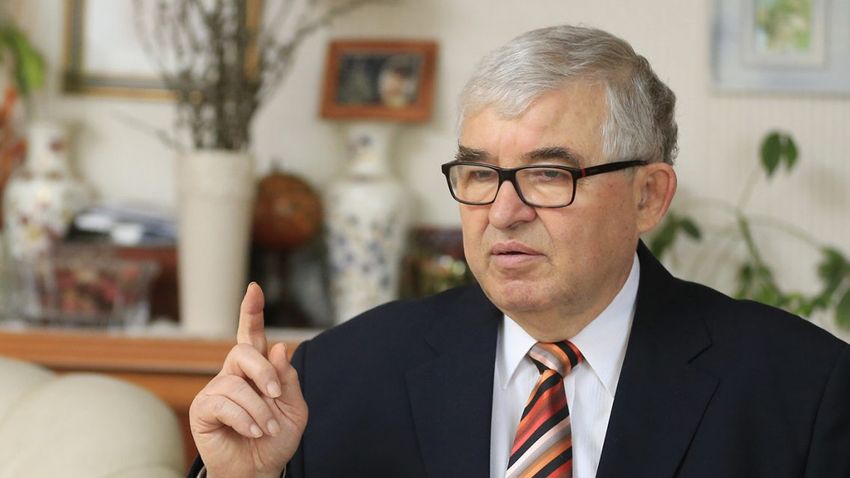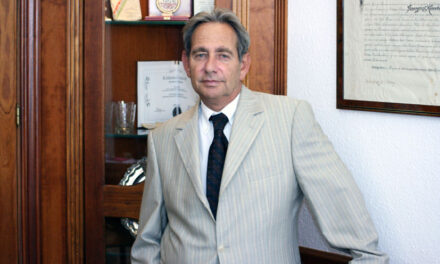Prime Minister Viktor Orbán's announcement yesterday confirmed the previous words of Finance Minister Mihály Varga, that is, that, as in 2010, taxes will again be levied on the extra profits of certain sectors. In this regard, economist Imre Boros told the Mediaworks News Center that the players in the energy and banking sectors, as well as the retail sector, are primarily making extra profits.
The News Center of Mediaworks approached economist Imre Boros with the question of which sectors can gain extra profit in the current situation of high inflation, expensive energy and war conflict.
The question is important because Finance Minister Mihály Varga spoke at his parliamentary hearing last week, before his appointment as head of the ministry: in the extraordinary economic situation, the increase of special taxes and the taxation of extra profits of companies can be justified, and this was confirmed by Prime Minister Viktor Orbán's announcement on Wednesday.
- We are not anti-profit, everyone has the right to use fairly earned profit. However, it is an important fact that extra profits arise due to various extraordinary situations, said Mihály Varga after his budget committee hearing. He added: for example, the energy sector is the winner of the current energy price increase, but it is necessary to consider which sector in Hungary is in which situation.
Speaking to the Mediaworks News Center, Imre Boros drew attention to the fact that the current turbulent situation, when inflation is higher than healthy, always favors large capital structures. - These overtake the inflationary benefit: the situation can become to the detriment of labor income, to the benefit of profit income - said the economist.
He first mentioned two sectors where the current economic environment results in serious profits: the energy and banking sectors. Regarding the latter, Imre Boros added that while loan interest rates are increasing rapidly, deposit interest rates are still low.
The expert emphasized that the tax imposed on extra profit as an economic policy tool was already tested by the government in 2010, and the measure proved to be effective. At that time, the left-liberal broadcasters talked about the fact that "multis will withdraw from here" as a result of the measure, but that was not the end of the story, but the fact that it turned out that a normal agreement could be concluded with them.
"If there is more money, more should be contributed to the common fund," Boros said in a plain-sounding manner about the principle behind the tax on extra profit. Another such sector with extra profit is retail trade, a significant part of which is still in foreign hands.
To the question of the Mediaworks News Center, whether extra profit tax can also be levied on companies in which the state is also an owner, Imre Boros answered with a resounding yes. He cited Mol and OTP as examples. - There is no need to cherish either of them, these two Hungarian multinationals can be a significant source of additional tax revenue - the expert concluded the conversation.
Source: Hungarian Nation
Photo: Hungarian nation












